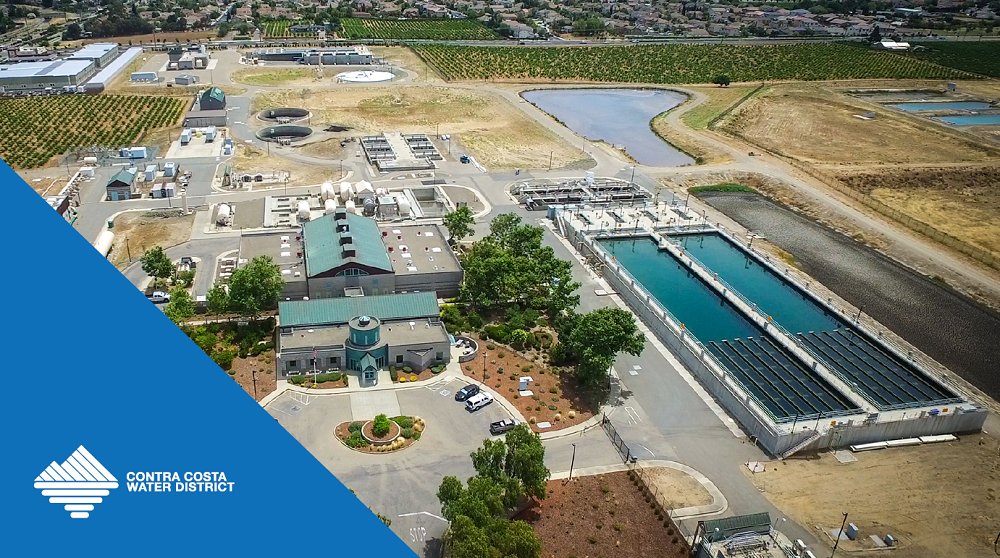The Cost of Sticking with Legacy Systems
The City of Tyler operates a small pretreatment program with a lean team responsible for protecting local water quality and ensuring compliance with industrial users. Like many utilities, the team had been using Linko, a long-standing software for inspection scheduling, sampling, and reporting.
But over time, Linko became more of a hindrance than a help. Data access was limited. Workflows were unintuitive. Connectivity issues slowed down routine tasks. And most importantly, the system couldn’t support upcoming electronic submission requirements from the Texas Commission on Environmental Quality (TCEQ).
“We needed to prepare to submit electronically for the TCEQ, and Linko would not have done anything for that.”
— Sarah Elkins, Pretreatment Coordinator, City of Tyler
The team needed more than a software patch - they needed a system that could grow with them.
Preparing for the Future: Why Klir
The City of Tyler selected Klir to replace Linko. Klir’s operational data management hub would modernize its pretreatment program and give staff the ability to manage the entire program in one place. The decision was guided by a few key priorities:
- Centralize Pretreatment Data: Eliminate scattered spreadsheets and limited-access folders
- Improve Visibility Across the Team: Make it easy for staff to log in, find information, and act on it
- Streamline Workflows: Simplify inspections, sampling, task management, and reporting
- Enable Electronic Submissions: Prepare for TCEQ’s requirements without needing additional systems.
From Migration to Adoption
Transitioning off Linko was a critical moment for the team at City of Tyler, but it didn’t have to be a painful one.
The process began with a clean export of data from Linko. From there, Klir’s onboarding and implimentation team worked with Sarah and her team to map, validate, and upload the data into Klir. Unlike other transitions, this one didn’t require costly consultants or downtime.
Once in Klir, the program was restructured to fit how Tyler actually works - aligning workflows to TCEQ requirements and internal processes. As Elkins noted, the difference was clear immediately:
“Now we’re able to just log on and see what we need, versus not having access for the broader team and limited data visibility with the previous tool.”
Making Pretreatment Easier and More Effective
In the months following the transition, the City of Tyler began to see measurable results, not just in terms of time saved, but in overall program effectiveness.
Operational Efficiency
- 20% time savings compared to previous workflows in Linko
- Staff now spend less time navigating systems and more time taking action
Transparency & Accountability
- All team members have access to real-time pretreatment data
- Managers can easily check task progress and ensure follow-through
Performance & Compliance
- 100% of inspections completed on time
- 100% of monitoring requirements met with results imported monthly
- SNC reports generated directly from Klir, without needing external support
Peace of Mind
- Reduced risk of missed deadlines or lost data
- Confidence that the system supports both routine work and regulatory shifts
Build a Modern Pretreatment Program
For small teams managing high-stakes programs, the right operational data hub can make all the difference. Klir helped the City of Tyler move away from legacy frustrations and toward a modern, unified way of working, improving day-to-day operations and preparing for long-term change.
Whether you’re trying to simplify reporting, prepare for digital submissions, or just gain better visibility into your data, the City of Tyler’s story shows that transitioning off Linko is not only possible - it’s worth it.
At Klir, we’re always improving! Since onboarding the City of Tyler, Klir has implemented a new way of getting data into Klir from Linko, that takes less than one day.

.svg)
.svg)



.svg)
%201%20(1).svg)